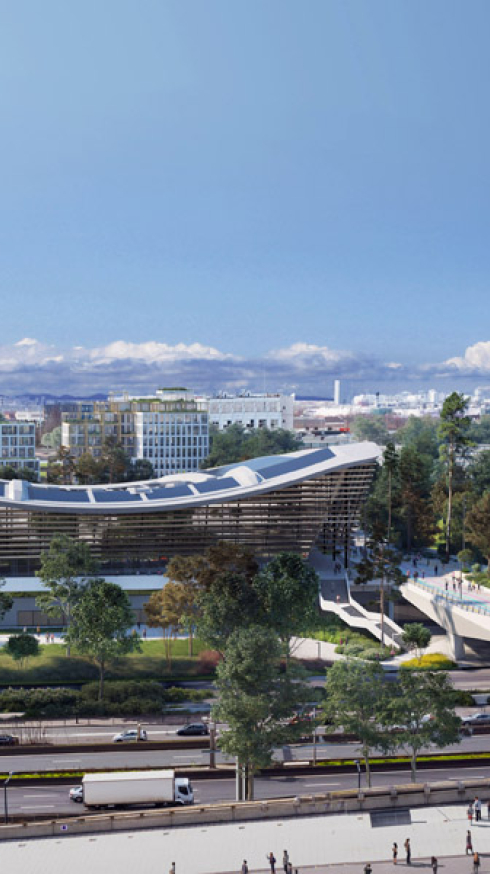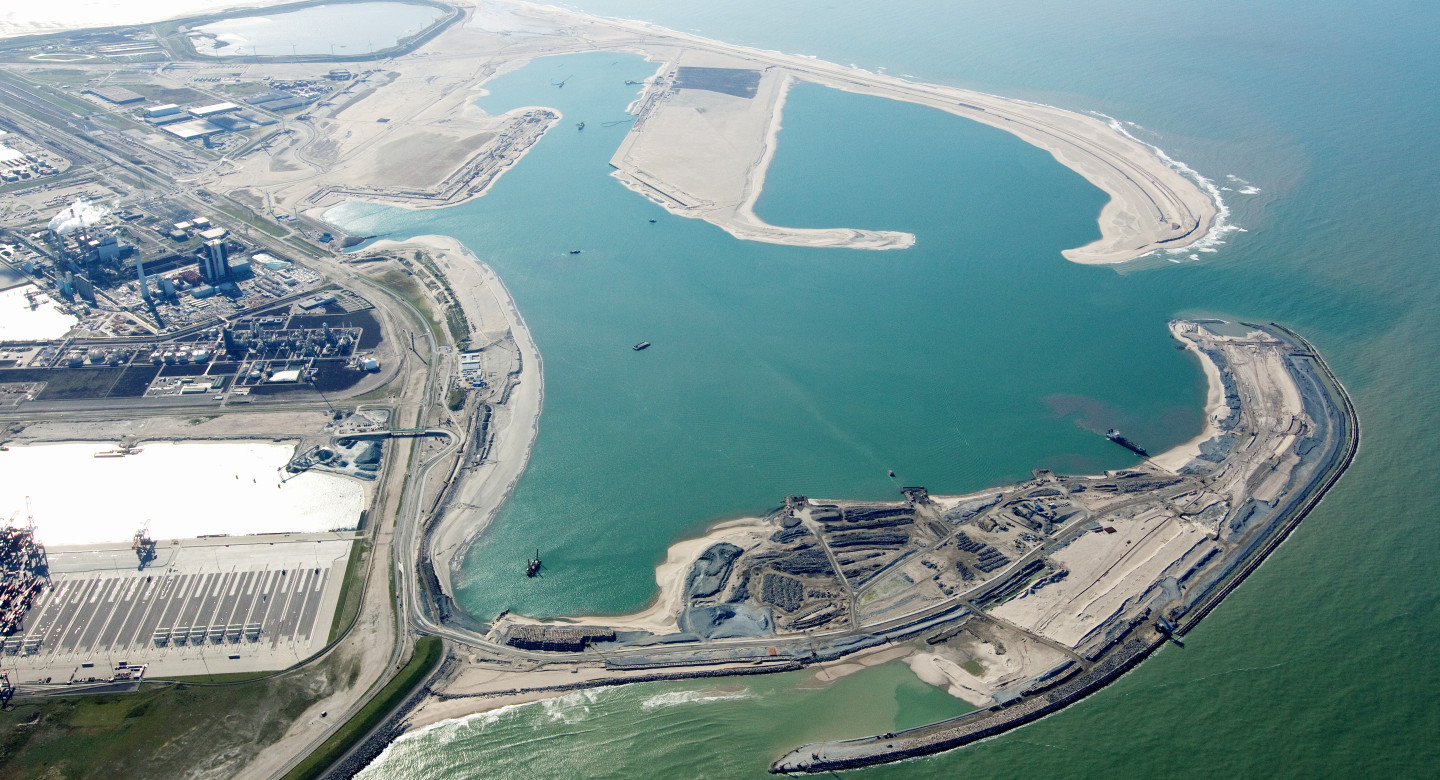

Article

Climate change is driving the need for many port cities to adapt. Most urban areas throughout the world are built on river mouths entering the sea. Rising sea levels, storm surges and other extreme weather events mean cities have to create strategies to become resilient to the impact of too much water. A third of the Netherlands is below sea level and two thirds of its GDP is generated there. Nevertheless, Rotterdam, as the busiest and smartest port in Europe, has managed to become a thriving logistics hub alongside a dynamic city.
The Netherlands strives to be a partner in creating green, vibrant and connected ports across the world. Rotterdam is setting an example of how that can be done. Despite its recent expansion, Rotterdam aims to become the first zero-emission port by 2050. Along with Amsterdam, it ranks among the top 20 most liveable cities. So how does a busy industrial port responsible for the transhipment of over 300 million tonnes of freight in the first three quarters of 2020 expand to meet the needs of its port function and combine this with being a sustainable city?
For the construction of the Maasvlakte 2, the Rotterdam Mainport Development Project (PMR) was set up to strike the balance between Rotterdam’s economic ambitions, the needs for nature conservation and the environment, and the desires of local residents. This resulted in an eco-based port design.
The inclusive approach involved all stakeholders in a series of sub-projects to improve the utilisation of the port area while improving the environment and the quality of life in the region. The collaboration of interests resulted in the development of 750 hectares of new nature and recreational areas to compensate for damage to designated protected Natura 2000 areas.
In turn, the Port of Rotterdam Authorities set strict parameters for the sustainability of companies which relocated to Maasvlakte 2. The agreements covered air quality, noise and cleaner hinterland transport, as well as the efficient use, and reuse, of energy, waste materials and semi-manufactured products. The companies played their part by implementing sustainable management practices and increasing efficiency. Maasvlakte 2 proved that economic growth can be compatible with higher levels of sustainability. The project has turned the Port of Rotterdam Authority into a global leader in the field of sustainability.
With their Automated Guided Vehicles (AGVs), the Maasvlakte 2’s fully wind-powered electric container terminals are among the world’s most modern and advanced. They contribute to Rotterdam port’s reputation for being one of the most innovative and sustainable global ports. However, what makes it special is its ability to enhance the city’s liveability for its residents and visitors at the same time.
To date, the Port of Rotterdam Authority has been involved in several port construction projects around the world. These not only add value, expand growth and increase safety and efficiency, some of them are actually saving lives:
Climate adaptation requires new strategies like the one described above. To discuss the issues surrounding climate adaptaion, the Netherlands is organising the world's first Climate Adaptation Summit on 25-26 January 2021. The summit will initiate momentum for UNFCCC's COP 26 in Glasgow 2021. Register now to accelerate climate adaptation.
Want to know more about how you can work together with the Netherlands to achieve your goals? Or how you can help contribute to or spread the word on campaigns, events and initiatives? Contact us directly at info@nlplatform.nl so we can help you connect to the right people.